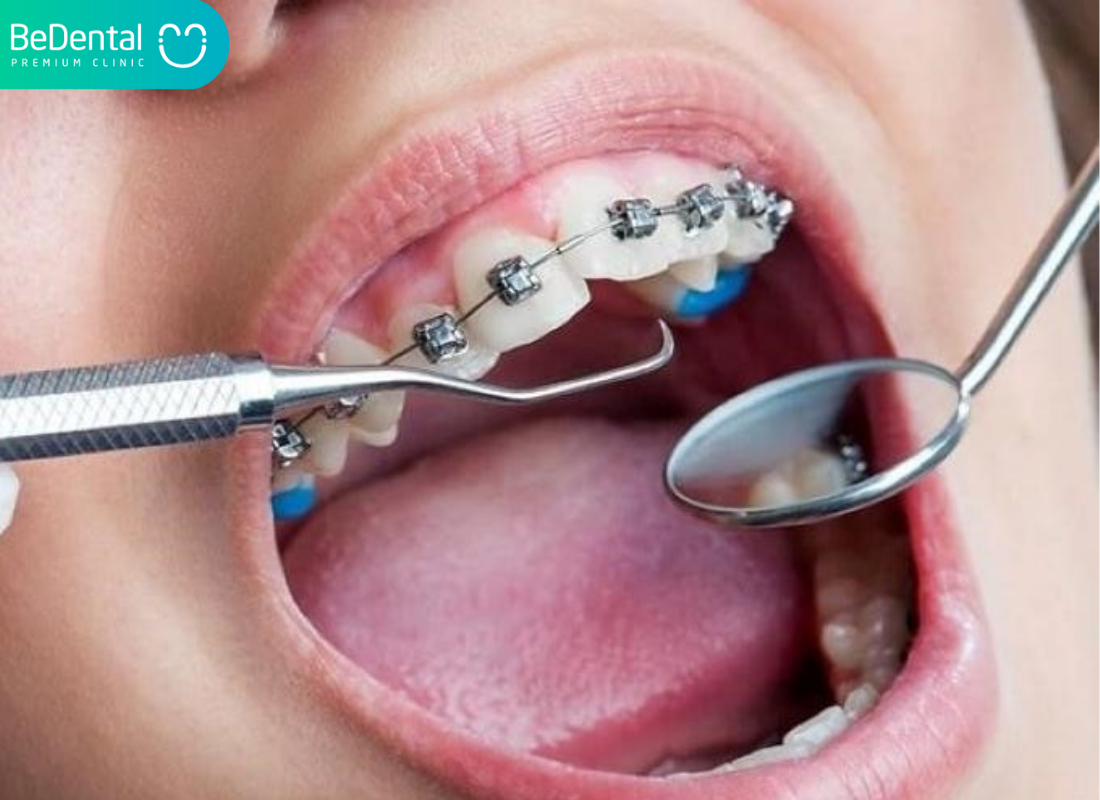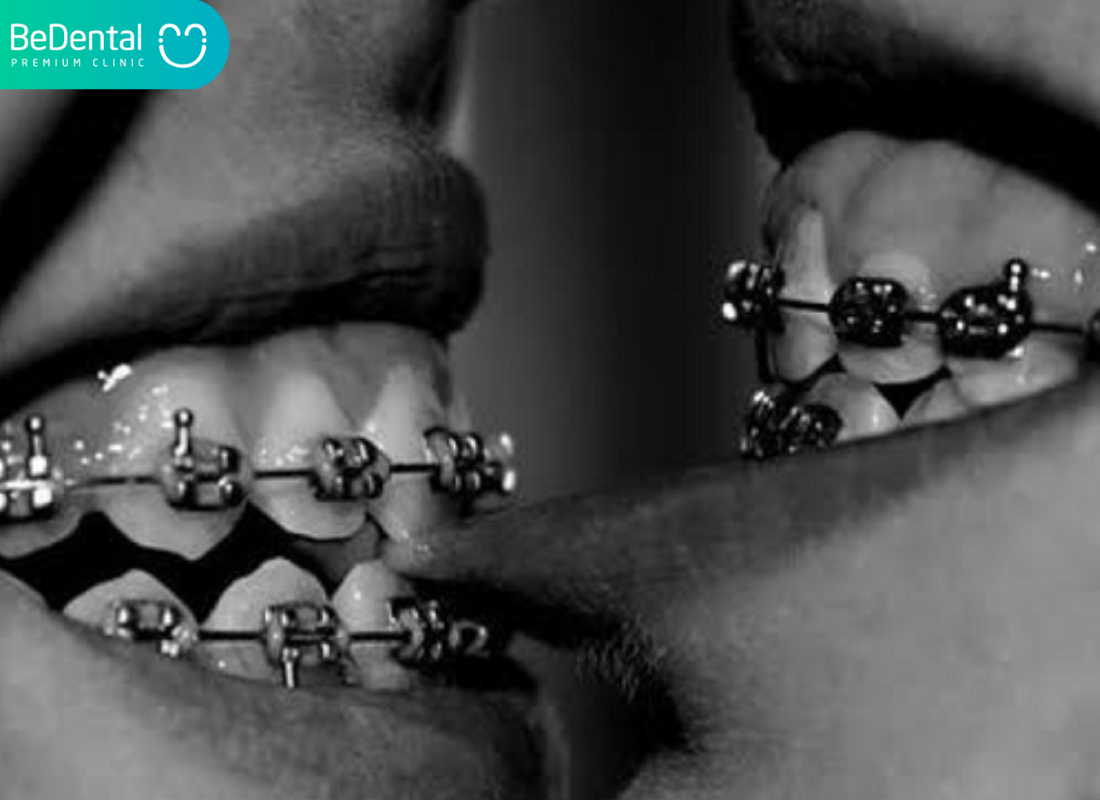There are various things that probably give you a toothache, including popcorn husks stuck in your gums, a fractured tooth, or a bacterial infection. Temporary inflamed gums may cause certain toothaches. But we need dental care to relieve the pain and whatever is causing the problem.
Definition
A toothache refers to pain in or around the teeth and jaw that’s usually caused by tooth decay. Mild toothaches are caused by temporary gum irritation that you can handle yourself. However, more severe toothaches come from dental diseases that won’t get better on their own and will need to visit the dentist.

Causes
The pulp inside your tooth is a soft material made up of nerves, tissues, and blood vessels. When bacteria attack or infect these sensitive pulp nerves, they can cause serious pain. Most toothache as a result of:
- Tooth decay – this leads to holes forming in the hard surface of the tooth.
- Abscessed tooth – the core of the tooth is infected by bacteria.
- A cracked tooth – the crack is often so micro that it can’t be seen with the naked eye.
- Repeated dental work, such as chewing gum or clenching teeth – these repetitive motions can cause tooth decay
- Gum infection.
- A damaged filling.
- Eruption (teeth coming out of the gums) or removal of a tooth (for example, wisdom teeth).
Symptoms
- Tooth pain that may be severe, aching, or continuous. In some cases, pain occurs when the tooth is subjected to pressure (from biting down on something).
- Swelling around the tooth.
- Fever or headache.
- Foul-tasting drainage from the infected tooth.
- A bad breath from the mouth.
- If you struggle to breathe and swallow along with your pain, call a dentist right away.
Diagnosing Toothache
Diagnosing toothache involves a systematic process performed by a dentist to determine the underlying cause of the pain. The dentist will begin by gathering information about the patient’s dental history and conducting a thorough examination of the affected tooth and surrounding areas. They may ask questions about the nature of the pain, its duration, and any triggering factors.
During the examination, the dentist will visually inspect the teeth, gums, and surrounding tissues for any visible signs of decay, infection, or injury. They may also use dental instruments to assess the sensitivity of the tooth and perform tests to evaluate the tooth’s response to temperature or pressure.
In some cases, diagnostic imaging such as dental X-rays may be necessary to assess the condition of the tooth roots, surrounding bone, or to identify any hidden issues.
Based on the findings, the dentist will make a diagnosis and determine the appropriate treatment plan. The causes of toothache can vary, including dental decay, gum disease, dental abscess, cracked tooth, or even referred pain from other areas.
It’s important to consult a dentist for an accurate diagnosis and appropriate treatment of toothache. Self-diagnosis and self-medication may provide temporary relief but may not address the underlying cause, leading to further complications. Regular dental check-ups and maintaining good oral hygiene practices can help prevent toothaches and detect dental issues early.
Treatment at home
For temporary relief of a toothache, you can do the following:
- Use warm salt water. Saltwater can release debris stuck between your teeth, act as a cleanser and pain reliever. Prepare a glass of warm water with a ½ teaspoon of salt, then rinse your mouth carefully.
- Rinse with hydrogen peroxide. A hydrogen peroxide (3% solution) helps to ease inflammation and pain. Dilute the hydrogen peroxide with water in proportion and rinse carefully. Avoid swallowing it.
- Cold compress. Hold an ice bag to the painful area for 20-minute periods and repeat several times daily.
- Pain medications. Over-the-counter pain medications can reduce pain and inflammation. NSAIDs (nonsteroidal anti-inflammatory drugs) such as aspirin, ibuprofen (Motrin®, Advil®) and naproxen (Aleve®) can be used, or take acetaminophen (Tylenol®) if you can’t take NSAIDs. Don’t give a child under the age of 16 aspirin; use Tylenol instead.

Dental treatments
Dental treatments for toothache are aimed at providing relief from pain and addressing the underlying causes of the toothache. One common treatment is dental examination and diagnosis, where the dentist examines the affected tooth and identifies the source of the pain. This is followed by dental cleaning and treatment of tooth decay, which may involve removing the decayed portion of the tooth and filling it with a dental filling material.
In cases of severe tooth decay, root canal therapy may be recommended to remove infected pulp and save the tooth. If the tooth is beyond repair, tooth extraction may be necessary. Dental crowns, bridges, and implants are options for restoring missing or severely damaged teeth. Periodontal treatment may be needed if the toothache is caused by gum disease.
Orthodontic treatment may also be recommended in some cases to correct misalignment issues that contribute to toothache. Overall, dental treatments for toothache focus on alleviating pain, preserving oral health, and restoring the function and aesthetics of the affected teeth. It is important to consult with a dentist to determine the most suitable treatment approach based on the individual’s specific condition.
Natural treatments
- Clove oil. A natural antiseptic that lessens inflammation and numbs discomfort. Tap a small amount of clove oil on a cotton pad and apply to the sore spot.

- Vanilla extract. The alcohol in vanilla extract numbs pain in several hours and its antioxidants support the area heal. Use your fingertips or cotton pad to apply the extract to the tooth and gum several times daily.
- Peppermint tea. Peppermint’s soothing properties can be applied to the affected area with a cooled down peppermint tea bag. Hold this warm tea bag against the tooth and gum.
- Garlic. Apply a paste made from a crushed garlic clove to the painful area. Garlic can kill bacteria (it contains the antimicrobial allicin) and relieve pain.

Professional treatments
Treatment by a dentist depends on your toothache condition.
If tooth decay is causing the toothache, your dentist will remove the decayed area and fill the cavity.
A root canal treatment (a process to remove and replace infected pulp with a hygienic substance) may be needed if the cause of the toothache is an infection of the tooth’s nerve.
An antibiotic may be prescribed in case of fever or swelling of the jaw.
Preventions
Keep your teeth and gums as healthy as possible to avoid dental diseases. So, you can do the following:
- Brush at least twice a day with a fluoride toothpaste.
- Floss at least once a day.
- See your dentist twice a year for cleaning.
- Also, eat foods containing low amounts of glucose and ask your dentist about sealants and fluoride applications.
Home Remedies for Toothache Relief
Home remedies can provide temporary relief for toothache until you can see a dentist for proper diagnosis and treatment. Here are some home remedies that may help alleviate toothache symptoms:
- Saltwater Rinse: Mix half a teaspoon of salt in warm water and rinse your mouth for about 30 seconds. Saltwater can help reduce inflammation and alleviate pain.
- Cold Compress: Apply a cold compress or ice pack to the affected area for 15 minutes. This can help numb the area and reduce swelling.
- Clove Oil: Apply a small amount of clove oil to a cotton ball and gently dab it on the affected tooth. Clove oil contains a compound called eugenol, which has natural analgesic properties.
- Over-the-counter Pain Relievers: Nonsteroidal anti-inflammatory drugs (NSAIDs) such as ibuprofen can help reduce pain and inflammation. Follow the instructions on the packaging and consult a healthcare professional if needed.
- Garlic: Crush a garlic clove and mix it with a pinch of salt. Apply the mixture to the affected tooth. Garlic has antimicrobial properties that may help alleviate toothache.
- Tea Bags: Place a warm, damp tea bag on the affected area. The tannins in tea can help reduce swelling and provide temporary relief.
- Dental Floss: Gently floss around the affected tooth to remove any trapped food particles that may be causing discomfort.
It’s important to note that these home remedies are not substitutes for professional dental care. If your toothache persists or worsens, it’s recommended to seek dental attention to address the underlying cause and receive appropriate treatment.
Q&A
Can toothache get better on its own?
Some toothaches that don’t come from pain inside your tooth can get better on their own.
It takes a few days for the pain from a temporary irritation in the gum to get better. During this time try not to chew around the affected area. If your teeth are sensitive, eat soft foods and avoid sweets and foods that are extremely hot or cold.
Can a toothache make me sick, or even be fatal?
An actual toothache isn’t fatal. However, an untreated infection in your tooth (or any other part of your body) can spread. You may get sick, and this illness could turn serious or even lethal. So it’s a good idea to call your dentist if your condition is getting worse.
How can I stop tooth nerve pain at night?
- Brush, Floss and Rinse With Warm Salt Water
Make sure there isn’t any debris surrounding the tooth that might be causing more discomfort. Starting on either side of the tooth, gently floss under the gum line. Next, softly brush the front and back surfaces of every tooth while angling the bristles of the toothbrush toward the gum line. To soothe an irritated gum tissue, finish by rinsing for 30 to 60 seconds in warm salt water.
- Take an Over-the-Counter Painkiller
Until you can visit your dentist, you can also take an over-the-counter painkiller. Ibuprofen is frequently a wise choice, but you should avoid it if you also take a prescription blood thinner such as Warfarin. In this case, acetaminophen is an appropriate substitute.
However, infants under the age of two should never be given topical numbing gel (benzocaine).
- Lift Up Your Head
Lying flat facilitates blood flow to the head, which can exacerbate dental discomfort and throbbing. To ease the pain, try elevating your head while sleeping.
- Use a Cold Compress
If you have any swelling, using an ice pack, cold compress is the best choice. Hold the pack, which is covered in a thin towel, gently on the outside of your face for approximately 15 minutes. This will help slow down the speed of blood flow and relieve pain and inflammation. Repeat as required, but no more than once per hour.
Finally, remember that even if the pain goes away, it’s crucial to have your teeth evaluated by an emergency dentist. You could still be struggling with that condition, and if left untreated, could go extremely serious.
However, you can reduce any discomfort by using the medications recommended below until you can get professional care.
Why are toothaches so much worse at night?
When you lay down to sleep, more blood might circulate to your brain. There is more blood flow than there was while you were standing, which makes your teeth hurt more. This is because the increased blood flow is putting pressure on the painful tooth.
More
Tooth decay and 11 risk factors
Tartar and 6 ways to prevent its return





Pingback: Tooth extraction and 7 common concerns – Be Dental
Pingback: Jaw fatigue: 4 things you should know – Be Dental
Pingback: Root canal treatment and 6-step treatment | Nha Khoa Bedental
Pingback: Tooth Fillings and 3 main types of Tooth Fillings Materials | Nha Khoa Bedental
Pingback: Tooth sensitivity and 6 ways to prevent it | Nha Khoa Bedental